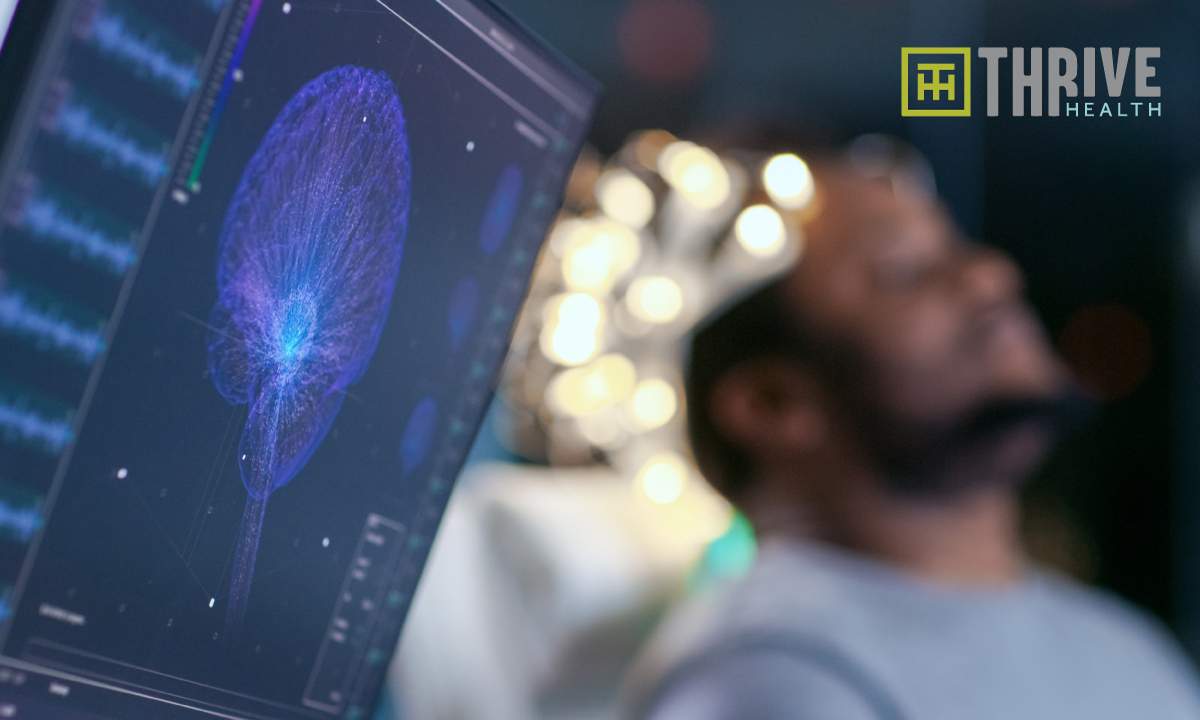Disclaimer: *Thrive Health Centers provide individualized health coaching programs. Thrive Health and its associates do not diagnose, treat or cure any disease. Individual results may vary from person to person. The entire contents of this website are based upon the opinions of Thrive Health, unless otherwise noted. Individual articles are based upon the opinions of the respective author, who retains copyright as noted. The information on this website is not intended to replace a one-on-one relationship with a qualified health care professional and is not intended as medical advice. It is intended as a sharing of knowledge and information from the research and experience of Thrive Health and all associates. Thrive Health encourages you to make your own health care decisions based upon your research and in partnership with a qualified health care professional.


No Comments